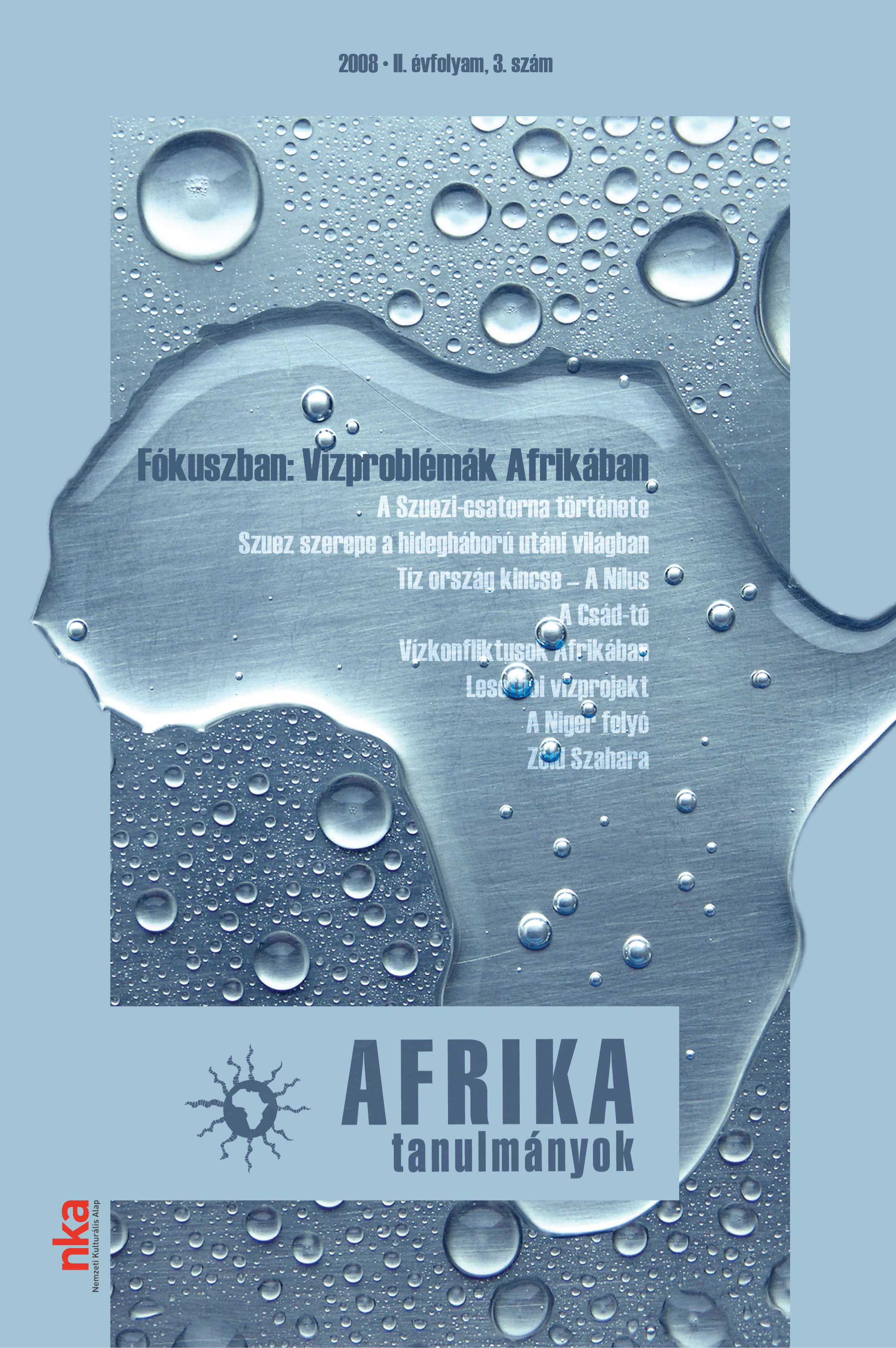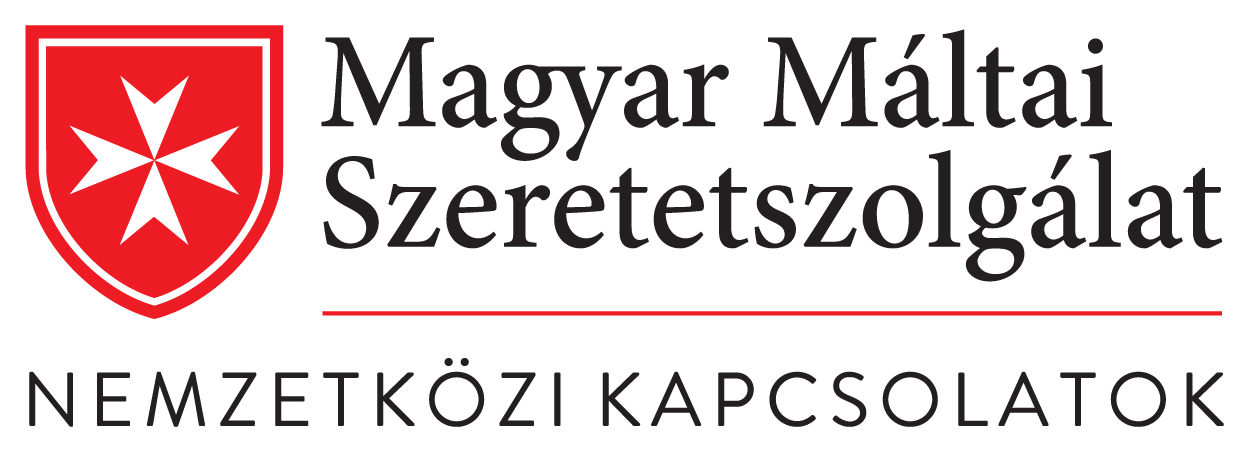A nemzetközi biztonság és Szuez szerepe a hidegháború utáni globális világban
Kulcsszavak:
Globalizáció, Geogazdaság, Neodarwinista geoökonómia, VálsággócAbsztrakt
A Földünk egyik legkonfliktusosabb térségében fekvő, Európát és Ázsiát köldökzsinórként összekötő Szuezi-csatorna jelentősége a technikai fejlődés, s a globalizáció térnyerése ellenére is múlhatatlan. Kereskedelmi, energetikai, biztonságpolitikai és gazdaságossági szempontok egész sora indokolja a víziút szabadságának garantálását, mely napjaink multipolarizálódó világában is hasonlóan fontos követelmény, mint a hidegháború idején.Downloads
Megjelent
2008-09-01
Hogyan kell idézni
Benkes, M. (2008). A nemzetközi biztonság és Szuez szerepe a hidegháború utáni globális világban. Afrika Tanulmányok Hungarian Journal of African Studies, 2(3), 24–33. Elérés forrás https://journals.lib.pte.hu/index.php/afrikatanulmanyok/article/view/4645
Folyóirat szám
Rovat
Tanulmányok
License

This work is licensed under a Creative Commons Attribution-NonCommercial-NoDerivatives 4.0 International License.
















